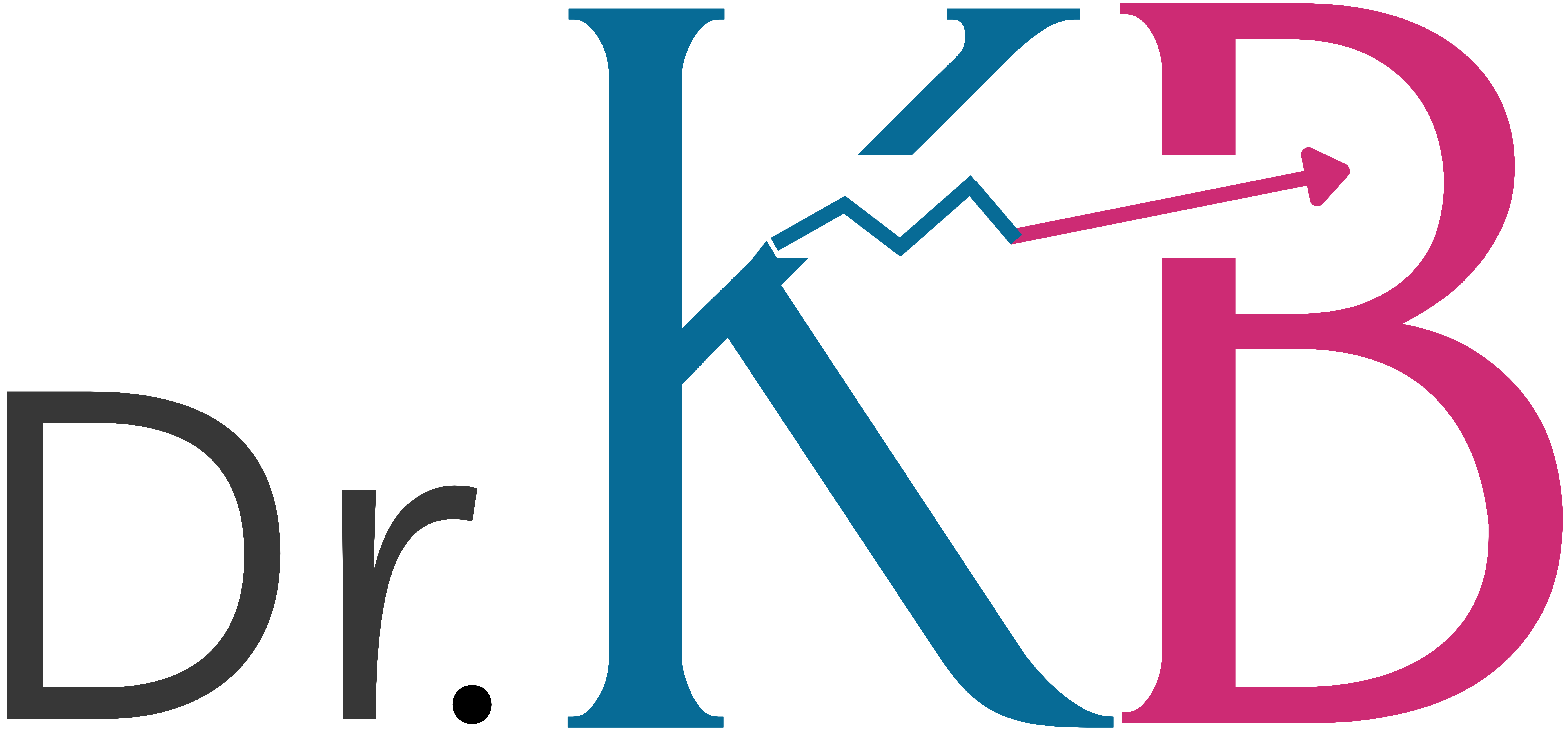Physician Non-Clinical Career Spotlight: Clinical Informatics
/ Blog, Non-clinical Career Spotlights
OVERVIEW
Physicians with a deep understanding of clinical workflows, medical decision making, evidence-based medicine, quality improvement, and the EHR are well-suited for roles within clinical informatics.
The focus of Clinical informatics is to integrate technology with the clinical needs of the healthcare system.
Physicians lead this integration and have the opportunity to improve quality and efficiency of healthcare delivery.
EMPLOYERS
Physicians in clinical informatics typically work on-site at a hospital, health system, university, or community medical centers.
ROLES
- Chief Medical/Clinical Information Officer (CMIO)
- Associate Chief Medical Information Officer (reports to the CMIO)
- Physician Informaticist (work with/under the CMIO)
- Director of Medical Informatics.
THIS ROLE MIGHT BE A GOOD FIT IF YOU:
- Have a deep understanding of clinical workflows, health delivery systems, and evidence-based care.
- Have knowledge of EHR functionality and features (this may be Epic, Cerner, or other)
- Enjoy using technology systems.
- See opportunities for digital innovation to enhance patient care.
- Excellent interpersonal, written, and verbal communication skills.
- Strong analytical, problem-solving, and evaluation skills.
- Embrace new technologies and processes.
- Are open to practice some patient care (~10% effort for a CMIO)
TYPICAL RESPONSIBILITIES
Understand physician needs and build relationships with physicians to gain support of IT initiatives.
Responsive to the needs of clinician users and provide training where needed.
Partner with health information technology teams to translate clinician requirements into specifications for new clinical systems.
Communicate change and drive adoption of new implementations.
Work with interdisciplinary leadership teams to integrate effective clinical workflow across all clinical disciplines.
Review medical informatics trends and assist in the development of strategic plans for clinical information systems.
Chair (or co-chair) physician advisory groups in the design of clinical systems to support excellence in patient care.
TYPICAL JOB QUALIFICATIONS AND REQUIREMENTS
Required:
MD/DO from an accredited medical school.
Current state medical license.
Board certification in a specialty.
Some CMIO positions require experience in IT and/or healthcare leadership.
Preferred:
Experience with implementation of healthcare systems, serve/d on relevant committees such as clinical documentation, informatics, and healthcare information systems.
Clinical informatics fellowship and/or board certification.
Experience leading IT programs, QI initiatives, or hospital leadership.
5+ years in clinical role within a hospital system and/or leadership role (within IT or other).
TYPICAL COMPENSATION
CMIO Range: ~USD 250K to 460K.
LEARN MORE
The American Medical Informatics Association (AMIA) is the professional home for physician informaticians.
They host an educational conference, a job board, and board certification.
[Note: Starting in 2025, the board exam will only be open to those who have completed an accredited informatics fellowship.]
HOW TO GET A FOOT IN THE DOOR
Volunteer to serve on your clinic or hospital EHR, workflow, or QM/QI committee.
Offer peer support for EHR-related issues.
Become a “physician champion” when a new or updated EHR is rolled out. In this role, you will be invited to the IT committee meetings where you can network with leaders, peers, and others interested in IT.
SUMMARY
If you have a deep knowledge of clinical workflows, have an interest in quality improvement, enjoy working with technology, and see opportunities for technology to enhance the quality and efficiency of patient care, a role in clinical informatics might be a good fit for you.

